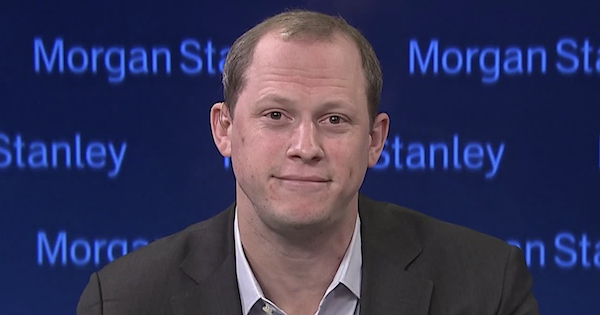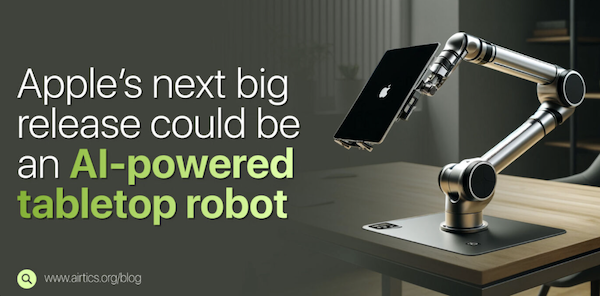Market scorecard
Wall Street ended lower yesterday, dragged down by a cool-off in tech. The S&P 500 slipped despite most of its 11 sectors finishing higher, while the Nasdaq shed 1.4%, its second-steepest drop since April's tariff shock. Palantir (-9.4%), AMD (-5.4%) and Nvidia (-3.5%) led the selloff among this year's megacap winners. Defensives were the bright spot, with real estate, utilities, and consumer staples holding up.
In company news, Home Depot gained 3.2% after posting solid results and softening its stance on tariffs, noting only modest price hikes are now expected. Intel surged 7% on reports that the US government is finalising plans to take a 10% stake. Softbank is also interested in buying up more Intel shares it seems. Lastly, Apple is scaling up iPhone production in India, now spanning five factories, including two newly opened sites.
In short, the JSE All-share closed up a tiny 0.05%, the S&P 500 was down 0.59%, and the Nasdaq was 1.46% lower. Meh.
Our 10c worth
One thing, from Paul

When building an investment portfolio made up of concentrated share picks, you must have the courage of your convictions. Get in early, and hold for at least a decade, to get the big returns.
I read today that according to Morgan Stanley analyst, Erik Woodring (pictured), Nvidia is the most under-owned large-cap tech stock. It's the world's most valuable company, but investors don't hold it in line with its S&P 500 weighting, at 7.37% of the index. Its share in the average active institutional portfolio is only 4.2%.
Well, Vestact does not have this problem. We bought Nvidia stock for clients so early, and it's gone up so much, that it's definitely our most "over-owned" stock. It's been a good "problem" to have.
We have customers who bought Nvidia at 58 cents a share in March 2015, and it trades today at $176.37. In our model portfolio, it was acquired at $2.54 in March 2017. That's huge!
If you own a stock that has done that well, you might have to trim the position a little, to rebalance your portfolio.
Byron's beats

Apple is still at heart, a hardware business. According to reports, they are looking at a new line of AI-powered home devices that includes a tabletop robot which looks like an iPad with a motorised arm. Interesting.
Another device on the cards is a cross between an iPad and a HomePod speaker, which will be accompanied by security cameras and automation devices around the house.
For these devices to really work, they need to make sure that the Siri software vastly improves, making the smart home experience engaging and useful. With all these amazing AI Chatbots coming to the fore, smart in-house assistants are the natural next step. If Apple is making the hardware, I am confident it will look beautiful and the products will be quality.
Bright's banter

The noise around markets is loud. Rate cuts, AI disruption, trade tensions and more. It feels like we've cycled through three different economies in the last six years. And while the future always looks uncertain, pundits continue to claim they know what's coming next.
But short-term forecasting has never been reliable. Big shocks usually catch us off guard. What really matters, and what often gets drowned out by headlines, is the long-term engine that drives investment returns. GDP, earnings, and dividends - all have historically grown at similar annualised rates over decades, through wars, recessions, inflation spikes, and pandemics.
Yes, interest rate chatter matters, especially for those with home loans and large debts. But we must remember: economic data often gets revised. GDP, employment, and even recession start dates get adjusted months or years after the fact. That alone should caution investors against overreacting to short-term figures.
Despite the noise, the US economy continues to push forward. Real GDP is near record highs, above $23 trillion and heading toward $24 trillion. Inflation has cooled to around 3%, slightly below the long-term post-WWII average of 3.5%. Employment is strong too, with the jobless rate hovering near 4%, and the economy is employing more people than ever, close to 160 million.
For us investors, long-term market success is tied to this resilient economic engine. Companies drive that engine by innovating, generating profits, and rewarding shareholders through dividends, share buybacks, or reinvestment. And the data backs this up: since 1948, real US GDP has grown 3.1% annualised, corporate earnings 3%, and dividends 2.5%.
The two key takeaways? First, most of the heavy lifting is done by the market itself, broad, low-cost exposure is all that's needed. Second, success demands patience. As Charlie Munger put it, "if you can't handle a 50% drawdown a few times a century, you're not fit to be an equity investor".
Ignore the noise. Stay the course. The market, like the economy, keeps moving forward.
Linkfest, lap it up
Americans love their pickups and SUVs. Despite the controversy, Tesla shows up as the only EV on the list- Bestselling cars in the US so far in 2025.
It's a tricky time to be a product inventor. Copyright laws from the West don't extend far East - How to live in a world of knockoffs and dupes.
Signing off
Asian equities are leaning red this morning. Hong Kong, Japan, South Korea, and Taiwan are all slipping lower, while India is just in the green. The outlier is Australia, where shares are climbing, clawing back some of the ground lost earlier in the week.
In local company news, BHP's latest results show that revenue dropped 8%, while underlying profit dropped a hefty 26%, thanks largely to softer iron ore and coal prices. Elsewhere, Dipula Properties just picked up Protea Gardens Mall in Soweto for R480 million, adding to its retail footprint.
US equity futures edged lower pre-market. The Rand is trading at around R17.71 to the US Dollar.
Happy Wednesday.